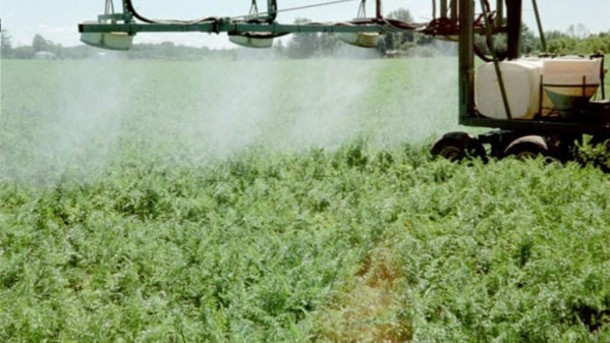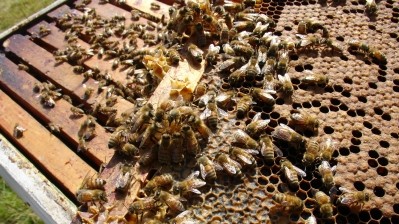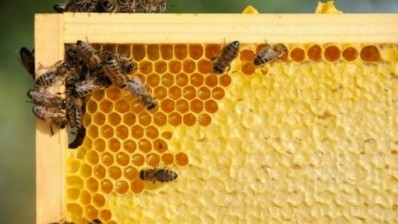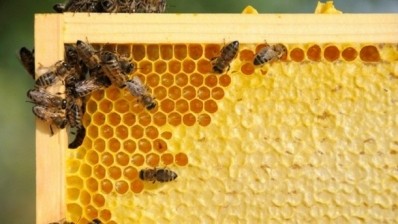Insecticides are a bigger threat to the natural food chain than thought, warns study

The study looked at the impact of the neonicotinoid insecticide, imidacloprid, on bird populations such as starlings and barn swallows. Imidacloprid is the most widely used insecticide in global agricultural systems, applied to treat seeds and bulbs, as a crop spray in greenhouses and in the open.
It affects insects’ central nervous systems, so that they become disorientated and paralysed, then die. It has also been linked to a decline in bee numbers, and other invertebrates, which birds eat.
The Netherlands-based study, published this month in the journal, Nature, is said to be the first to correlate imidacloprid to possible indirect harmful effects, via the food chain, for vertebrates – in this case, birds.
One of the authors, Caspar Hallmann, said that the natural food chain seems susceptible to this class of insecticides.
He told FoodNavigator: “Whereas we always were told that neonics are relatively harmless to vertebrates, owing to their high selectivity towards invertebrates, we now see that once these compounds leach into the environment, we may encounter unforeseen adverse effects on the ecosystem.
“High levels of this insecticide in the natural water ways may knock out insect populations, on which many vertebrates (including our birds) heavily rely on.”
Hallmann added that the risk to humans (if any) was likely to be indirect, such as losing pollinators like bees, which play a fundamental role in pollinating many plants and crops relied on for food.
The study concluded: “Our results suggest that the impact of neonicotinoids on the natural environment is even more substantial than has recently been reported and is reminiscent of the effects of persistent insecticides in the past.
“Future legislation should take into account the potential cascading effects of neonicotinoids on ecosystems.”
Risk to birds
Farmland birds have experienced declines in Europe in the past three decades and pesticides are said to be a major threat.
So far the suggested potential risks of neonicotinoids for birds have focused on the acute toxic effects from direct consumption.
The study hypothesis was that imidacloprid, which recently replaced older intensively used insecticides, has a negative impact on insectivorous bird populations such as starlings and barn swallows.
Data analysis
The research combined water quality data with systematic bird counts taken before and after imidacloprid was introduced in 1995.
It showed that the higher the concentrations of imidacloprid in the surface water, the greater the decline in bird numbers. For the fifteen bird species included, numbers decreased on average by 3.5% per year in areas with more than 20 nanograms of imidacloprid per litre.
Other factors relating to the decline in birds were considered but this was said to be the best explanation.
The researchers don’t precisely know what causes the decline, although possible explanations include a lack insects and eating contaminated insects.
Source: Nature
Published online 9 July 2014, doi:10.1038/nature13531
“Declines in insectivorous birds are associated with high neonicotinoid concentrations”
Authors: Caspar A. Hallmann, Ruud P. B. Foppen, Chris A. M. van Turnhout, Hans de Kroon & Eelke Jongejans.
























